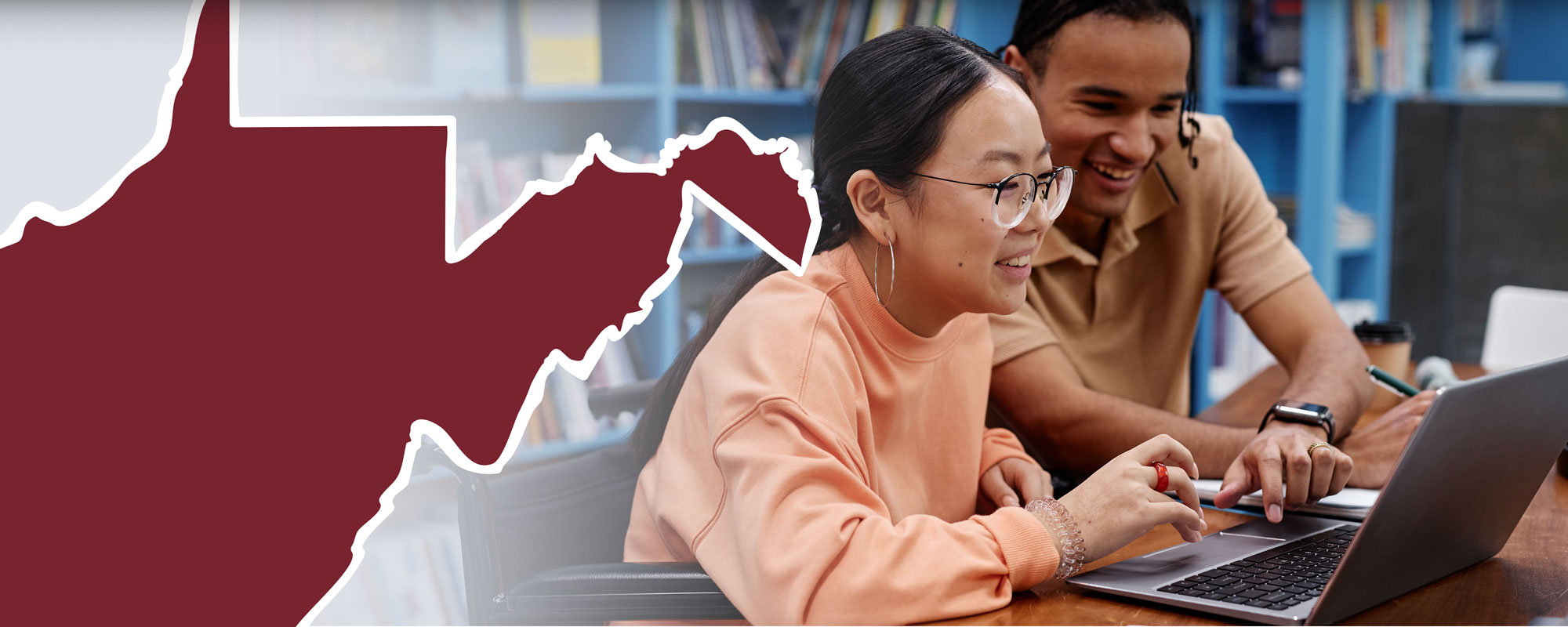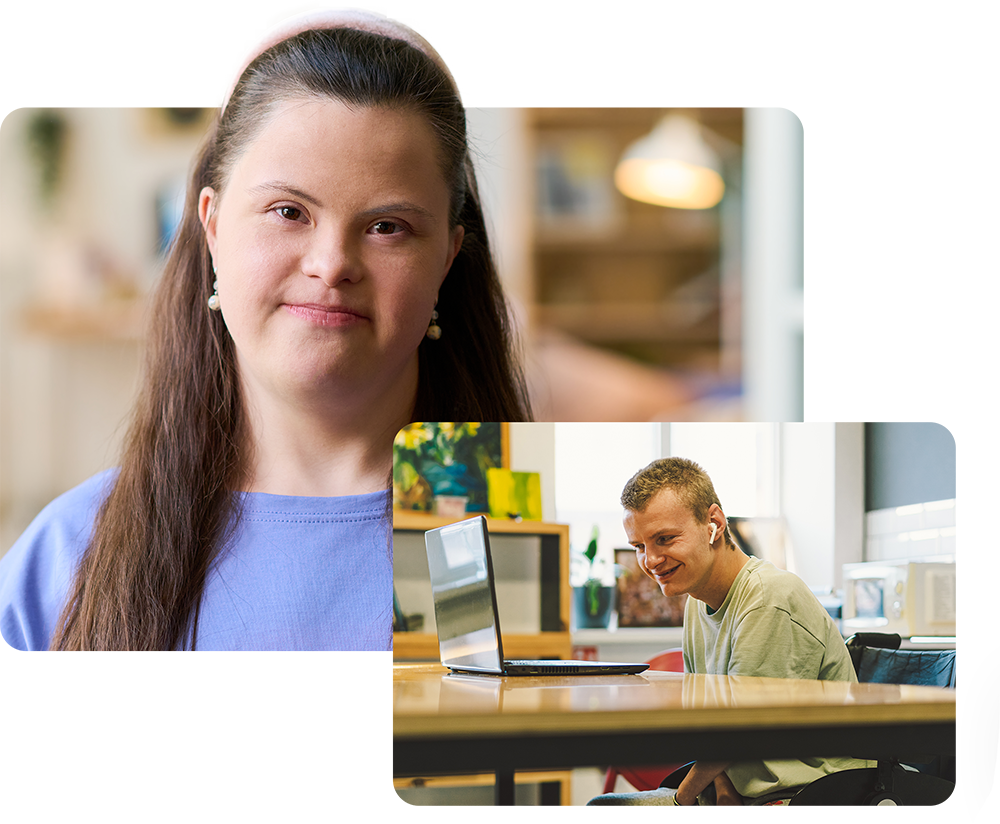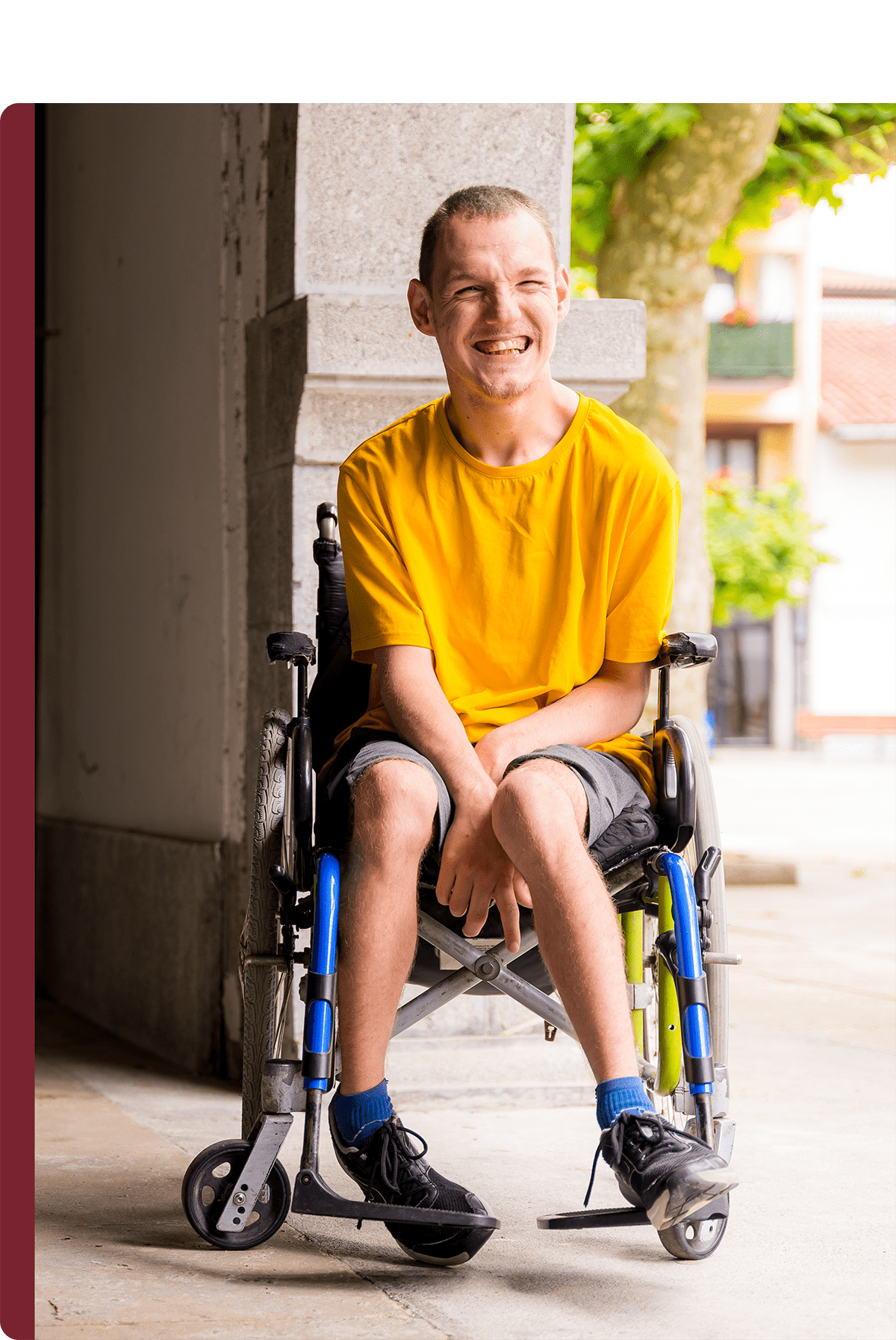


Disability affects more than 25% of adults in the United States, and persons with disabilities face a significantly (at least 3 times) higher risk of sexual victimization compared to the general population. Part of the challenge is people with disabilities are often misunderstood, devalued by society, and lack support. Prevention strategies aim to educate and empower people with disabilities, promote self-advocacy, and encourage inclusive and safe environments.
Please Note: A key priority for prevention work is to do no harm. Individuals providing prevention programs should be trained on the content and prepare others to appropriately and safely respond to disclosures BEFORE an event or presentation. Program facilitators are highly encouraged to partner with a local rape crisis center and other specialized providers.
This curriculum was developed for high school students and adults with developmental disabilities to increase knowledge and individual skills.
These self-paced online modules offer guidance for service providers on working collaboratively to integrate accessible services for sexual violence victims with disabilities into the existing social service delivery system.
